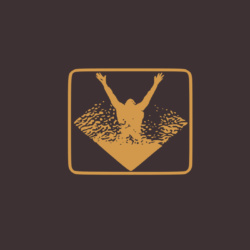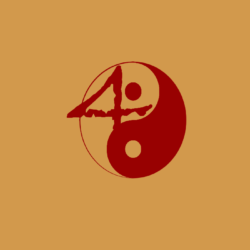Meditation – Regulating the Breath
For a beginner, meditation can be difficult to grasp because it’s replete with subtlety. Effort and ego needs to be replaced with patience and stillness.
When treating a patient with acupuncture, I also like to offer self-care advice to improve health. Meditation is one of these self-care techniques. One way of working through meditative practices is to focus on breathing for relaxation. The goal is to find a deeper state of relaxation.
If you attempt to meditate and you don’t feel comfortable you’re not on the right path. Getting on the right path means understanding breathing and how it can promote relaxation. Let’s keep it simple and identify two kinds of breathing patterns – yang-fire breathing and yin-water breathing.
Yang-fire can also be called a military breath – the chest rises and falls with inhalation and exhalation respectfully. This energizes the body.
To relax the body we want to practice yin-water breathing. Water sinks and settles and this is what we want to establish in the breathing pattern.
As you inhale the chest is still and the abdomen rises gently. On exhale the abdomen returns and settles. This movement is like waves gently moving in and out along the shoreline. To really understand this feeling you can sit on the beach and watch the waves and experience their relaxing and hypnotic-like effect.
The end-goal is to naturally breathe deeply without trying but to get there, like anything, you need to practice. Find a comfortable position, lay down face-up and breathe. Fold your hands, one on top of the other, over your abdomen to feel it rise and sink as you inhale and exhale respectively.
Now here’s a key to follow. Initially just be an observer and watch the body do this relaxing breath naturally. Give yourself a few minutes to relax when you first lay down. Your body will slowly shift from shallow breathing and being busy to deeper breathing as it relaxes.
The best time to observe this natural yin-water breath is when you first wake up. The body is semi-conscious and the breathing is long and deep.
As an observer you learn, you stay quiet, you keep your mind still and void chaotic thoughts that disturb your ability to observe. As you learn and understand you can then move from being an observer to a practitioner and control the effort with the goal of accomplishing a deeper sense of relaxation.







